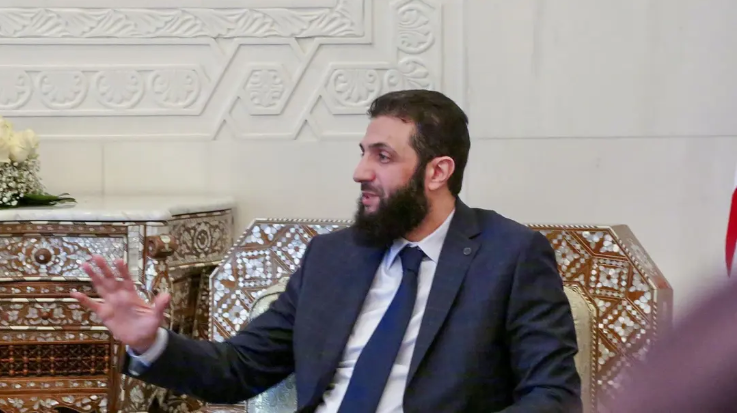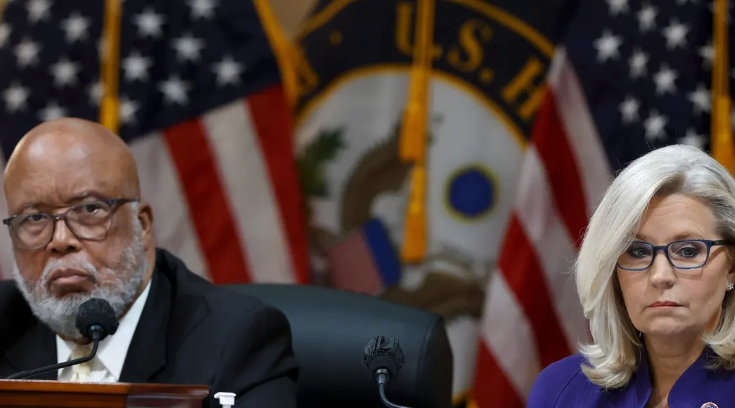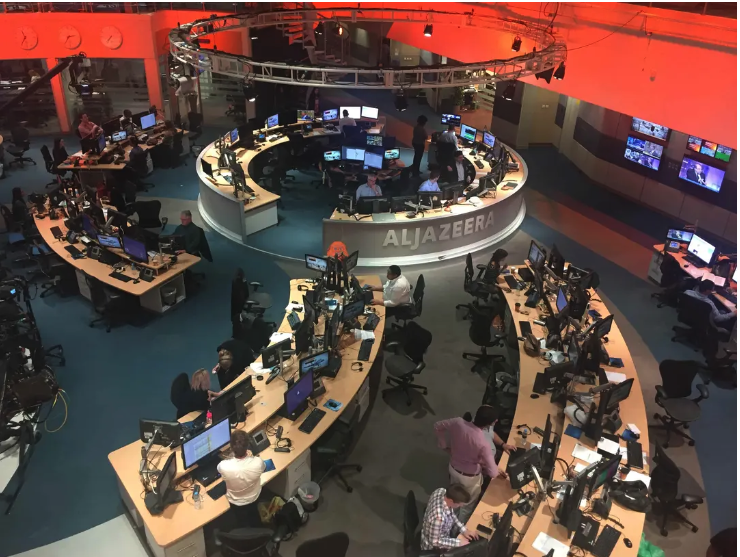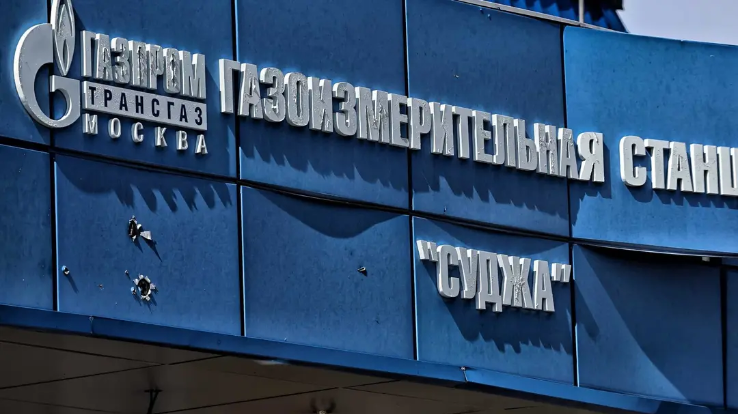Syria's De-Facto Leader Says Elections Could Take Four Years
In a recorded interview broadcast Sunday, Syria's de facto leader, Ahmed al-Sharaa, said that holding elections in the war-ravaged country would take up to four years while drafting a new constitution could take up to three years.
Facts
- In a recorded interview broadcast Sunday, Syria's de facto leader, Ahmed al-Sharaa, said that holding elections in the war-ravaged country would take up to four years while drafting a new constitution could take up to three years.[1]
- During the interview with Saudi Arabia-owned Al-Arabiya, al-Sharaa stressed the importance of Syria's ties with Iran and Russia and called for the US to lift sanctions on Syria he said were "issued based on the crimes that the [Assad] regime committed."[2]
- Emphasizing that a country can't be run "by the mentality of groups and militias" and valid elections require a "comprehensive population census," al-Sharaa revealed that Hayat Tahrir al-Sham (HTS) would be disbanded at a national dialogue conference.[3][4]
- The HTS campaign ousted Bashar al-Assad on Dec. 8 following 13 years of civil war, and the new regime has sought to reassure the global intention of its intention to evolve from its militant Islamist roots.[5][6]
- Al-Sharaa said, "Syria will not be a source of disturbance to anyone." The HTS has also reportedly vowed to protect minority groups and renounced both the Islamic State group and al-Qaeda, with which it was earlier affiliated.[3][7]
- Countering criticism that his picks for the current transitional government did not reflect Syria's multiethnic society, al-Sharaa said it was "a necessity of the stage" when a quota system wouldn't have worked.[6][8]
Sources: [1]BBC News, [2]Hürriyet Daily News, [3]Reuters, [4]EuroNews, [5]SBS News, [6]Financial Times, [7]Al Jazeera and [8]The Times.
Narratives
- Narrative A, as provided by POLITICO and Al Jazeera. Syria's path to democracy remains fraught. The leading rebel group HTS, with its roots in al-Qaeda, explicitly rejects democratic principles and enforces strict Islamic governance. While activists dream of an open society, Syria's history of coups and instability, coupled with deep ethnic and religious divisions worsened by years of civil war, suggests a challenging journey ahead for a nation that has never known stable democracy.
- Narrative B, as provided by The New Arab and Washington Post. There's a palpable sense of possibility in Damascus. Opposition figures and civil society leaders are preparing to return home with years of experience in democratic governance and community building. Despite HTS' Islamist roots, activists believe Syrians won't accept new forms of tyranny after their immense sacrifices. This moment represents a precious chance at renewal for a nation that has endured decades of oppression.







